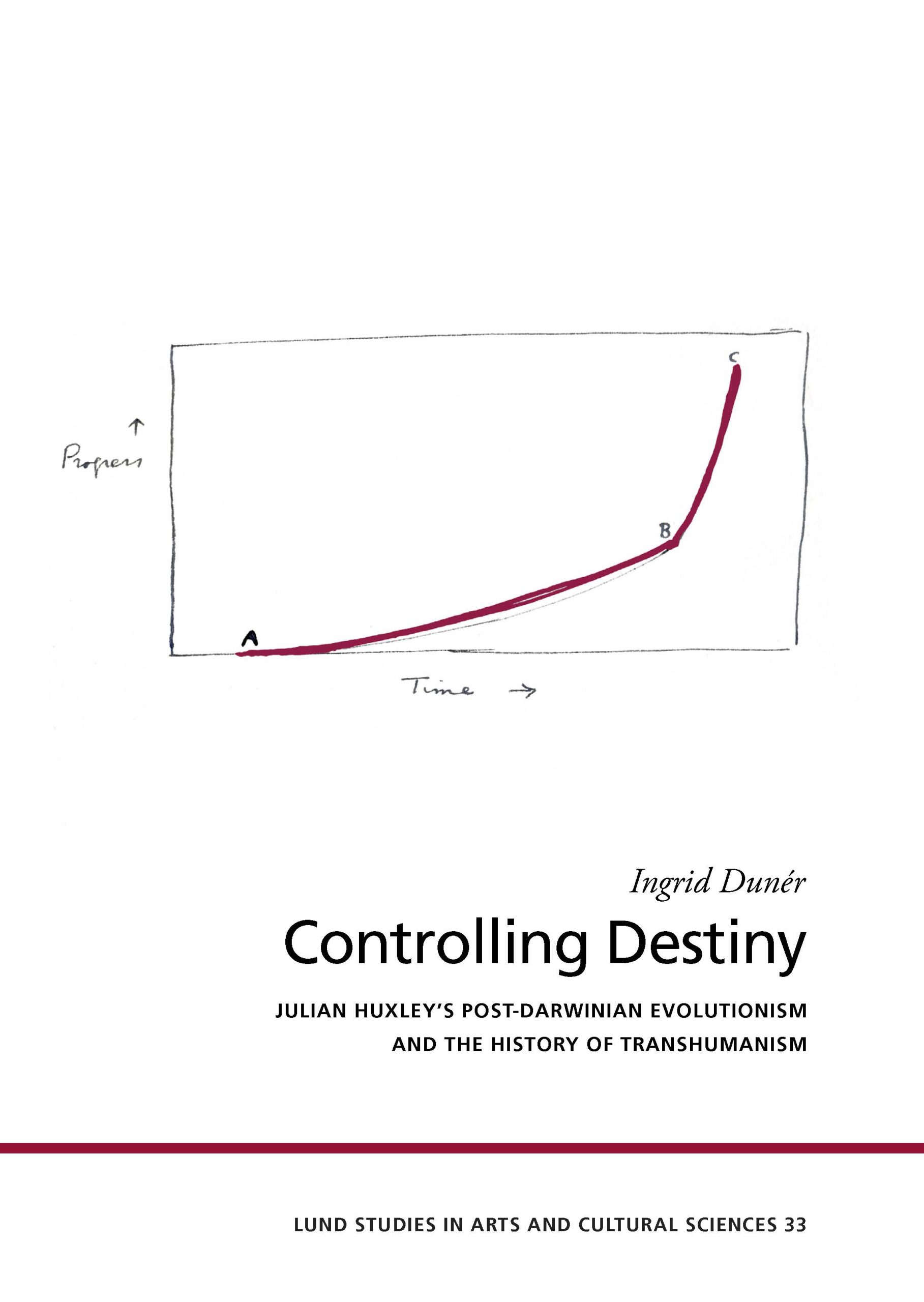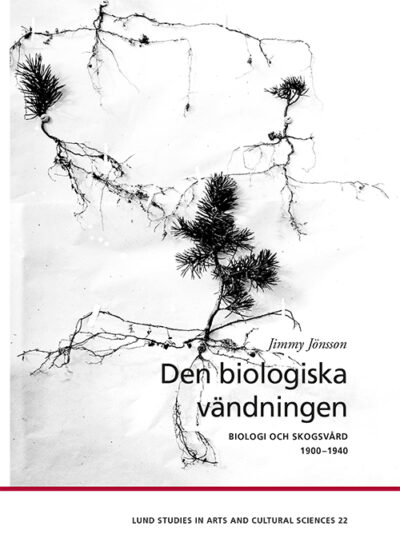Beskrivning
Controlling Destiny explores the history of transhumanism through a study of Julian Huxley’s (1887–1975) post-Darwinian evolutionism and ideas of mankind’s growing power to shape its own evolutionary future. As the person responsible for coining the term transhumanism in English, and a promoter of a vanguard vision, Huxley—along with likeminded future-oriented thinkers of his generation—helped naturalize a way of thinking about a possible future and disseminate ideas about conscious evolution and human enhancement into a wider sociotechnical imaginary. Focusing first on uncovering how and why Huxley’s transhumanism came to be—by placing it within the context of his scientific and sociopolitical milieu—and then on tracing the intellectual roots and origins of the new transhumanists of the 1970s, 1980s and 1990s, the study investigates continuities and discontinuities in mode of thinking, with specific regard to ideas of control, conscious evolution, and the posthuman. Main themes are the existential difficulty of Darwinism and the ongoing future shock of the twentieth century. By explaining Huxley’s role in the history of transhumanist thought and his influence on a new generation of futurists, the study contributes to a more coherent understanding of transhumanism, its history, and the trajectory between transhumanism and older projects of human enhancement.



